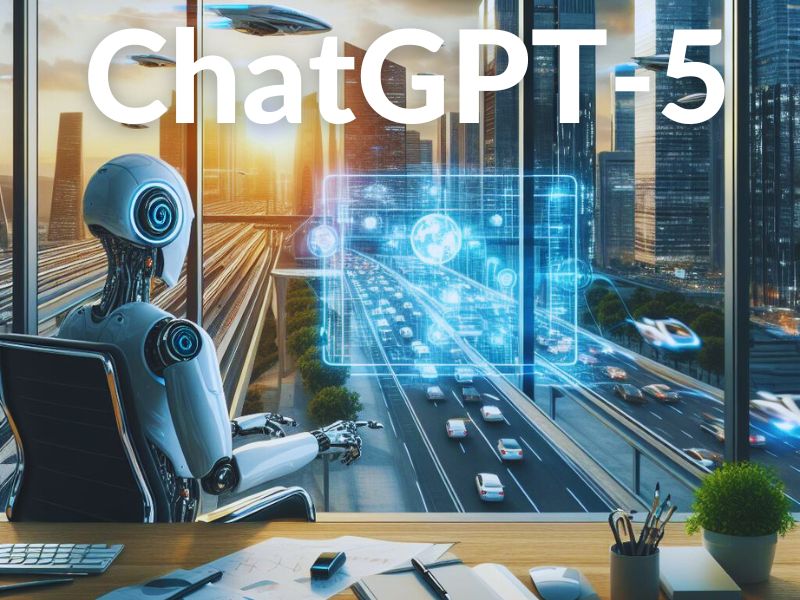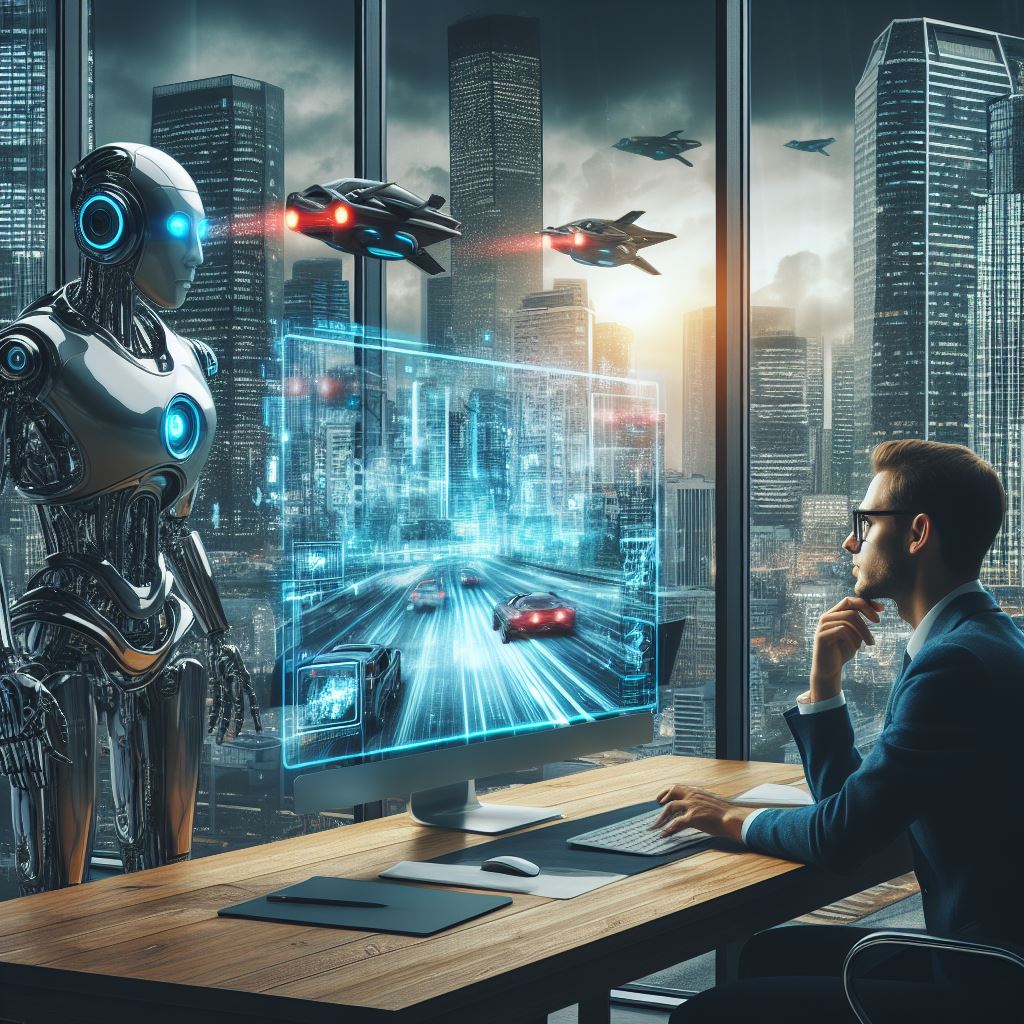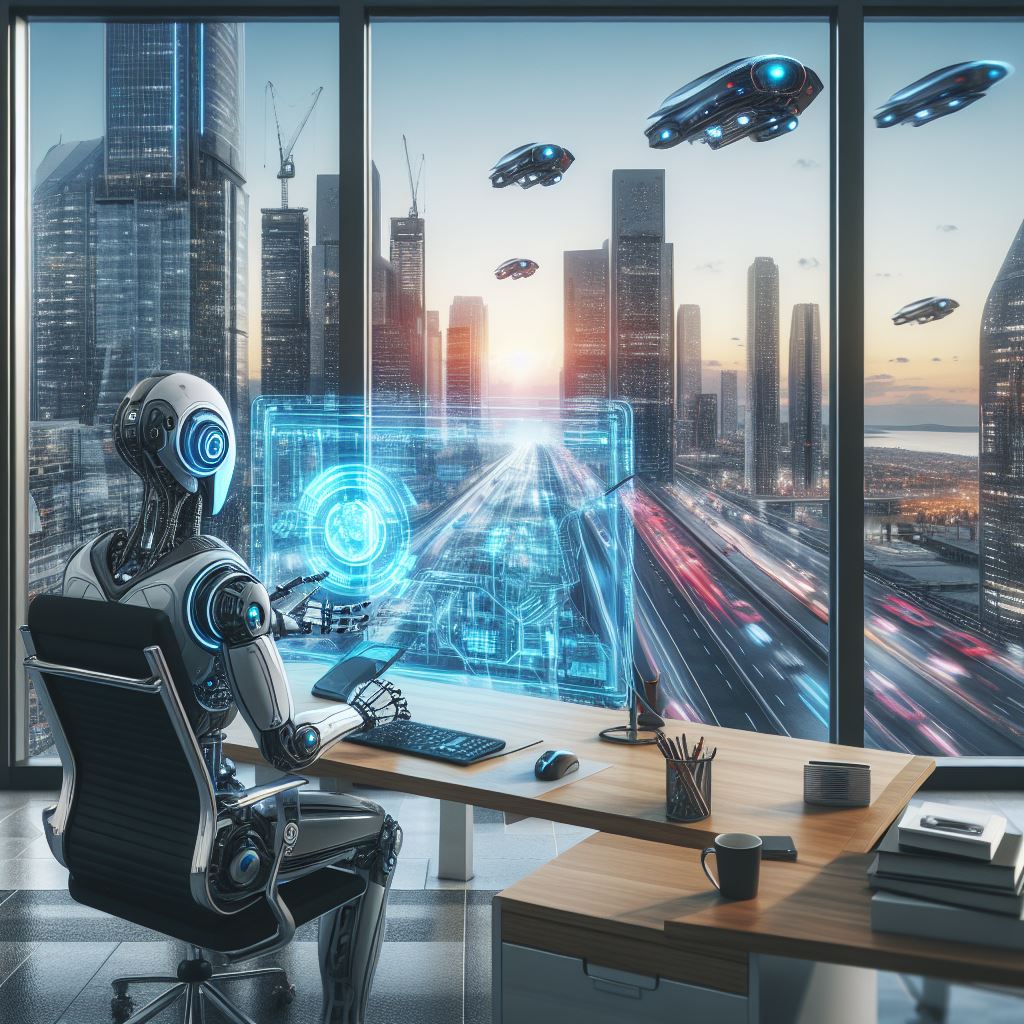GPT-5 on the Horizon: A Potential Game Changer for AI
Business circles are buzzing with anticipation for OpenAI’s upcoming release of GPT-5, expected sometime this summer. Early access granted to select companies suggests significant advancements over its predecessor, ChatGPT.
Under the Hood: A Significant Performance Leap
While details remain scarce, early glimpses of GPT-5 have left those privy to it thoroughly impressed. Whispers from the tech corridors indicate that GPT-5 will deliver a “materially better” performance compared to its predecessor, with tangible enhancements demonstrated across various applications tailored for businesses.
Going Beyond Hype: CEO Impressed
Sam Altman, the CEO of OpenAI, has been vocal about the model’s prowess, describing it as a “big step up” from GPT-4 during an interview with Lex Fridman. Altman’s enthusiasm stems from GPT-5’s ability to enable AI agents to carry out tasks autonomously, a feat that could revolutionize the way we interact with and leverage artificial intelligence.
Safety First: Development with Precaution
While the excitement surrounding GPT-5 is palpable, OpenAI remains committed to ensuring the model’s reliability and safety. The company is currently concluding the training phase for GPT-5, after which it will undergo rigorous safety tests and external “red teaming” to identify and mitigate potential risks before its public release.
Transforming Businesses: AI Takes the Wheel
The implications of GPT-5’s autonomous task execution capabilities are far-reaching. In the business realm, AI agents could independently perform data analysis, report writing, email management, and even coding, streamlining productivity and redefining the nature of work as we know it.
Moreover, the advent of GPT-5 could pave the way for robots to execute physical tasks, further blurring the lines between human and machine capabilities. This technological leap raises profound questions about the future of employment, the valuation of skills, educational requirements, and the need for novel regulations to ensure the responsible development and oversight of AI systems.

Societal Implications: A Need for Adaptation
The widespread adoption of GPT-5 necessitates careful consideration of its broader societal impact. Potential shifts in employment landscapes, the value of specific skillsets, and educational requirements are all areas requiring proactive adjustments. Additionally, the development of regulations for AI governance and safety will become paramount.
As the world eagerly awaits the arrival of GPT-5, one thing is certain: the era of autonomous AI is upon us, and its impact will be felt across industries and societies alike.


